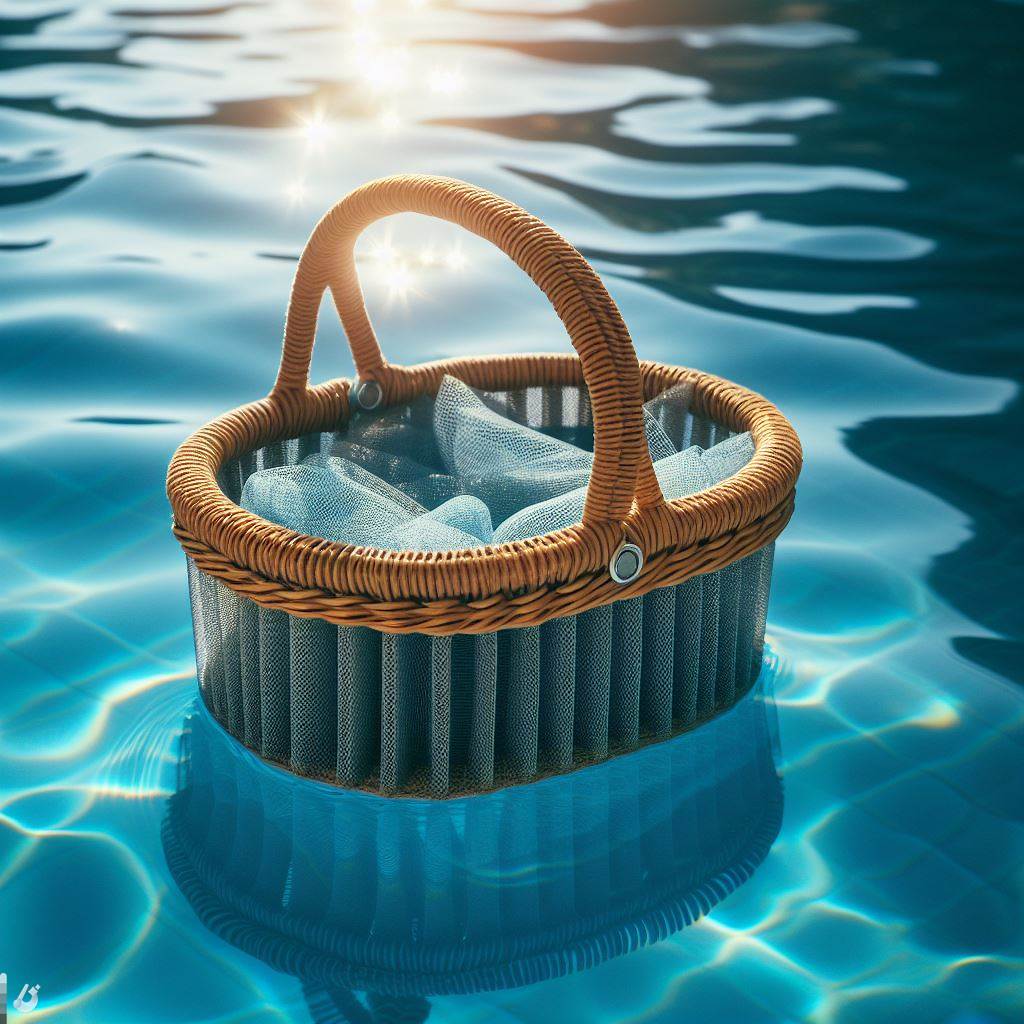Swimming pools require effective filtration systems to maintain water clarity and hygiene. Two common types of pool filtration systems are sand filters and debris catchers. While both serve the purpose of cleaning pool water, they differ significantly in their mechanisms, effectiveness, maintenance requirements, and overall performance. This article aims to explore and compare these two types of pool filtration systems in detail.

Mechanism of Operation
Pool Sand Filter
A pool sand filter operates by passing water through a tank filled with specially graded sand. As water flows through the sand bed, impurities and debris are trapped within the sand particles. Clean water then exits the filter and returns to the pool.
Debris Catcher
On the other hand, a debris catcher functions by physically capturing large debris such as leaves, twigs, and insects before they sink to the bottom of the pool. It typically consists of a net or mesh attached to a frame, which is placed over the pool surface to intercept floating debris.
Effectiveness in Filtration
Pool Sand Filter
Sand filters are highly effective in removing small particles and impurities from pool water. The sand bed acts as a natural filter media, capturing particles down to 20-40 microns in size, ensuring clear and clean water.
Debris Catcher
While debris catchers are efficient in capturing larger debris floating on the pool surface, they are not designed to filter out fine particles or impurities dissolved in the water. They primarily prevent large debris from entering the pool and help maintain its aesthetic appeal.
Maintenance Requirements
Pool Sand Filter
Maintaining a pool sand filter involves periodic backwashing to flush out trapped debris from the sand bed. This process requires the filter to be shut off temporarily and reversed to flush out accumulated debris, ensuring optimal filtration efficiency.
Debris Catcher
Debris catchers require regular cleaning to remove captured debris from the net or mesh. This can be done manually by emptying the debris collected in the catcher and rinsing it with water. Additionally, debris catchers may need replacement if they become damaged or worn out over time.
Cost Considerations
Pool Sand Filter
Initial installation costs for a pool sand filter may be higher compared to debris catchers due to the cost of the filter tank, sand media, and associated plumbing. However, sand filters are known for their durability and long-term cost-effectiveness.
Debris Catcher
Debris catchers are generally more affordable in terms of initial investment. However, ongoing maintenance costs, including the need for replacement nets or meshes, should be considered when evaluating the overall cost of ownership.
Performance in Different Conditions
Pool Sand Filter
Sand filters are effective in various pool conditions and can handle a wide range of water flow rates. They are suitable for pools of all sizes and are capable of maintaining water clarity even under heavy usage.
Debris Catcher
Debris catchers perform well in preventing surface debris from entering the pool, especially in outdoor pools surrounded by trees or in areas with high winds. However, they may become overwhelmed during periods of heavy debris accumulation, requiring more frequent cleaning.
Conclusion
In conclusion, pool sand filters and debris catchers are two distinct types of filtration systems with different mechanisms, effectiveness, maintenance requirements, and performance characteristics. While pool sand filters excel in fine particle filtration and overall water clarity, debris catchers are efficient in capturing large debris from the pool surface. The choice between these filtration systems depends on factors such as budget, maintenance preferences, pool usage, and environmental conditions. Ultimately, selecting the right filtration system is essential for ensuring clean and inviting pool water for swimmers to enjoy.